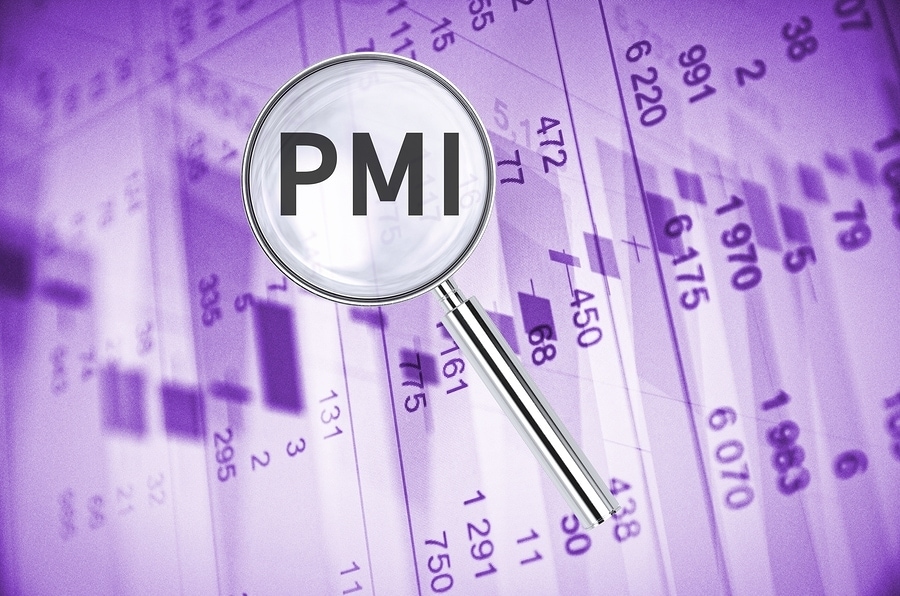Get Expert Financing
- Matched with investor-friendly lenders
- Fast pre-approvals-no W2s required
- Financing options fro rentals, BRRRR, STRs
- Scale your portfolio with confidence
If you have some credit problems, you should improve your credit before applying for a mortgage. The house hunting/mortgage application process is fairly complicated. But it will be much more so if you enter it with unresolved credit problems
Here are five reasons why you should improve your credit before applying for a mortgage.
Buying a home is a big deal. So is applying for a mortgage. Anytime you are approaching a major event, it’s always best to be prepared in advance. That can eliminate a multitude of problems.
If you have credit problems, you can and should work with your mortgage lender before making a formal application. The lender can run what is known as a residential mortgage credit report, or RMCR, or a triple merged credit report. This is the credit report that is used by all mortgage lenders. It can show you exactly what lenders will see, and what you need to improve.
Prospective mortgage applicants often try to do this using a free credit report. There are limitations to all free credit reports. One is that they only cover information reported by a single credit bureau, either TransUnion, Equifax or Experian. That will certainly show you what’s happening with one credit report, but it will completely ignore the other two (they’re almost never identical).
The other problem is that free credit reports often provide informational credit scores. Once again, this is not the score that your mortgage lender will use.
You can make pre-application with the lender, get a copy of the RMCR or triple merged, and work specifically to improve your credit, just as the mortgage lender will see it.
The housing market is in a certified seller’s market. There are more buyers than there are properties for sale, and that gives sellers the upper hand. Sellers can pick and choose which offers they will accept. They will naturally gravitate toward those that have a mortgage preapproval. And if there are two or more buyers who have preapprovals, they’re most likely to accept the one that’s the “cleanest.”
Mortgage preapproval’s typically come with conditions. Under ideal circumstances, those conditions will be little more than the usual closing conditions. But if the preapproval shows that the buyer needs to make significant improvements, the preapproval is weaker than someone with a clean approval.
By taking care of any credit issues before shopping for a home, you can get that highly desirable clean preapproval.
Completing the mortgage application process is a multistep situation. You not only have to complete paperwork, but you must also supply documentation, go through the full contract negotiation phase, get a property appraisal, a home inspection, and satisfy any mortgage closing conditions.
You’ll have a full plate during the entire process. The less that you have on that plate, the easier it will be. If you at least taking care of the credit portion of your application before the fact, that will be one major obstacle that you won’t need to deal with while you’re busy taking care of everything else.
This is a factor that can never be ignored. It can often take 30 days or more to dispute a single credit error. And if you owe money on a past due account, collection or judgment, it may take several weeks for you to go through the bureaucratic process, come up with the money, and finally settle the debt.
If you have several credit errors on your report, or multiple past due balances that need to be settled, the process can extend for months.
There’s one other point can’t be ignored, and that’s your credit score. Mortgage lenders typically require a minimum credit score of 620. But if your score is lower than 700, it’s likely that you’ll pay a higher interest rate than you would if it was higher. That means that you will have a vested interest in optimizing your credit score.
In only rare cases can a credit score be materially increased in the time that it takes to complete the mortgage application process. Depending on the level of your score, versus the score that you want, it could take several months and a lot of effort.
You’ll have to allow yourself time for each possibility. That means getting the credit improvement process going months before you begin shopping for a house.
If you’ve never purchased a home in the past, you may not be aware of just how stressful the process can be. You have to search for homes, identify those that you’re most interested in, make offers, and go through the negotiation process.
Once you settle on a property, it’s time to begin the formal mortgage application process. This generally takes about 30 days from application to closing. In between, you’ll be filling out paperwork, submitting documentation, monitoring the progress of your application with your lender, and probably submitting more documentation.
If in addition to the house hunting and mortgage application efforts, you also have to improve your credit, it can prove overwhelming. It’s simply too much stress to reach a single outcome.
But if you improve your credit before applying for a mortgage, get your mortgage preapproval, and then go house hunting, you’ll be saving yourself an incredible amount of stress.
Buying a home should be fun. After all, it’s a life-changing and life-improving event. But it won’t be fun if there’s too much stress. You’ll keep it to a minimum if you improve your credit before applying for a mortgage.
Our advice is based on experience in the mortgage industry and we are dedicated to helping you achieve your goal of owning a home. We may receive compensation from partner banks when you view mortgage rates listed on our website.

![What Credit Score Do You Need for the Lowest Mortgage Rates? [2025 Complete Guide]](https://myperfectmortgage.com/wp-content/uploads/7joxnrbx6qg-1024x680.jpg)
